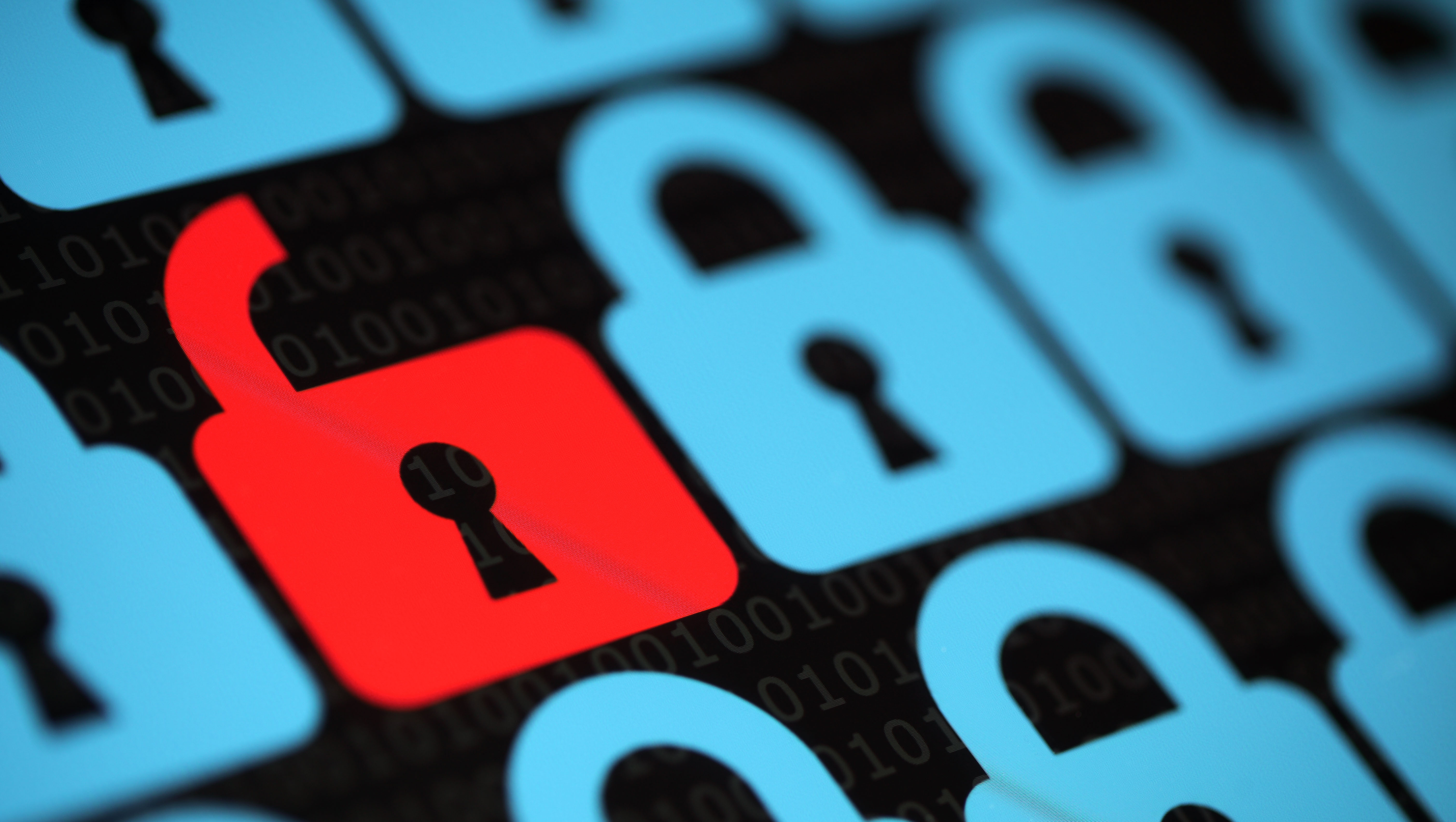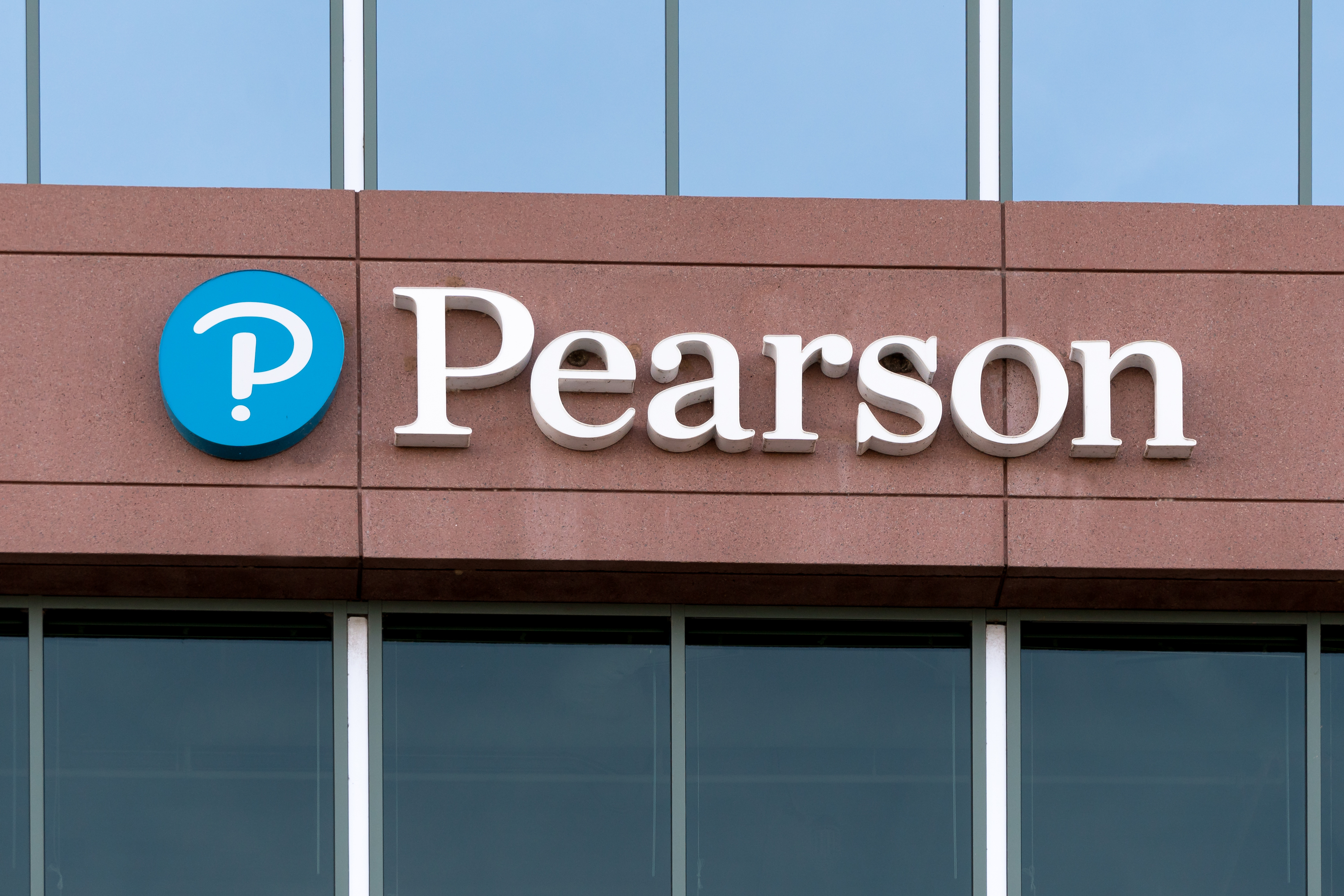Would you drop a company because it was hacked? Of course not
Half of Brits say they'd ditch firms that leak their data, but experience suggests otherwise


When it comes to security, what people say and what people do are often wildly different things.
We all know it's best not to click on links we're not sure about and to avoid opening attachments from unknown sources, and we're fully aware it's in the best interest of security to keep our laptops updated and our data backed up.
It's no different from the rest of our lives: get some exercise, eat healthily and don't drink too much alcohol.
And yet, hacks happen and data is lost (and we continue to be lazy and tipsy and put on weight, but maybe that's just us - you look great, really).
So it's with several grains of salt (on our plate of chips, naturally) we must take the latest survey from F5 Networks, which claims 50% of Brits would never ever use a company that had been hit by hackers.
Sure you wouldn't. And you'd go for that run on Saturday morning, pass on that second piece of cake, and have perfectly backed up your data, too.
That's what the survey of 3,000 people suggests, and F5 very sweetly believes what we say. "The study shows that50% of consumers would not share data with, or purchase products from, a company that has been hackedin the past, highlighting the impact that poor cybersecurity can have on business reputation," the press release F5issuedIT Pro withreads.
Get the ITPro daily newsletter
Sign up today and you will receive a free copy of our Future Focus 2025 report - the leading guidance on AI, cybersecurity and other IT challenges as per 700+ senior executives
But what we say we do, and what we actually do, can be very different.Look ateBay,Apple iCloud,Tumblr,Facebook,LastPass, andTwitter.Did they all lose half their users - or even half the users directly affected - after high-profile attacks? Not a chance.
Other firms have been punished.Following the TalkTalk hack, the ISP shed 7% of its existing customers and lost market share with new customers. It only actually lost data from 4% of its userbase to hackers, suggesting many of those directly affected, plus a few more, did indeed march away.
Of course, ISPs are the sort of business you reguarly reconsider: each time your contract is up, a customer decides if the price, speed and so on is worth another two years, so anyone re-signing when the hack was still making headlines would naturally have had second thoughts.
But TalkTalk aside, it'd be difficult to find a company that lost half of its customers after a hack, no matter what people told F5 in its survey.
Ask me if I'd ditch a supplier or service provider because of a hack, and I'd probably say yes - but that doesn't mean I actually would. It would depend on the hack, on the business, on the data lost, on how angry I was about it all - and how lazy I was, and whether I was willing to spend the time sourcing an alternative that's perhaps just as likely to be hacked.
And accuracy of the survey results aside, that's okay.Walking away after a single incident gives hackers too much power and encourages companies to cover up data leaks, which hurts our individual security rather than improving it.
We certainly shouldn't stay with a company that's continuely reckless with our data, but most of us know it's all a bit more complicated than that and understand companies may well deserve a second chance.
A company can accidentally leak data even if it puts real effort into security - just as we can be healthy and still stuff our faces with chips - so please, British businesses, don't panic from the results of this survey. You won't lose half your customers if you 'fess up to imperfect security, no matter what this survey says.
Freelance journalist Nicole Kobie first started writing for ITPro in 2007, with bylines in New Scientist, Wired, PC Pro and many more.
Nicole the author of a book about the history of technology, The Long History of the Future.
-
 Asus ZenScreen Fold OLED MQ17QH review
Asus ZenScreen Fold OLED MQ17QH reviewReviews A stunning foldable 17.3in OLED display – but it's too expensive to be anything more than a thrilling tech demo
By Sasha Muller
-
 How the UK MoJ achieved secure networks for prisons and offices with Palo Alto Networks
How the UK MoJ achieved secure networks for prisons and offices with Palo Alto NetworksCase study Adopting zero trust is a necessity when your own users are trying to launch cyber attacks
By Rory Bathgate
-
 Capita tells pension provider to 'assume' nearly 500,000 customers' data stolen
Capita tells pension provider to 'assume' nearly 500,000 customers' data stolenCapita told the pension provider to “work on the assumption” that data had been stolen
By Ross Kelly
-
 Gumtree site code made personal data of users and sellers publicly accessible
Gumtree site code made personal data of users and sellers publicly accessibleNews Anyone could scan the website's HTML code to reveal personal information belonging to users of the popular second-hand classified adverts website
By Connor Jones
-
 Pizza chain exposed 100,000 employees' Social Security numbers
Pizza chain exposed 100,000 employees' Social Security numbersNews Former and current staff at California Pizza Kitchen potentially burned by hackers
By Danny Bradbury
-
 83% of critical infrastructure companies have experienced breaches in the last three years
83% of critical infrastructure companies have experienced breaches in the last three yearsNews Survey finds security practices are weak if not non-existent in critical firms
By Rene Millman
-
 Identity Automation launches credential breach monitoring service
Identity Automation launches credential breach monitoring serviceNews New monitoring solution adds to the firm’s flagship RapidIdentity platform
By Praharsha Anand
-
 Neiman Marcus data breach hits 4.6 million customers
Neiman Marcus data breach hits 4.6 million customersNews The breach took place last year, but details have only now come to light
By Rene Millman
-
 Indiana notifies 750,000 after COVID-19 tracing data accessed
Indiana notifies 750,000 after COVID-19 tracing data accessedNews The state is following up to ensure no information was transferred to bad actors
By Rene Millman
-
 Pearson fined $1 million for downplaying severity of 2018 breach
Pearson fined $1 million for downplaying severity of 2018 breachNews The SEC found the London-based firm made “misleading statements and omissions” about the intrusion
By Rene Millman